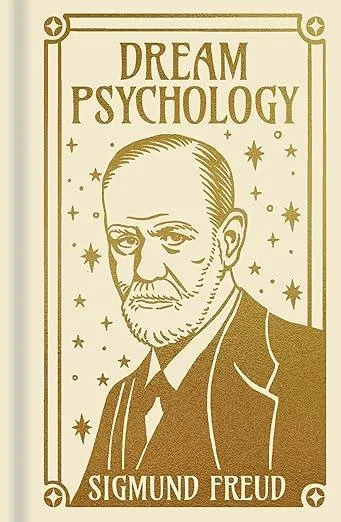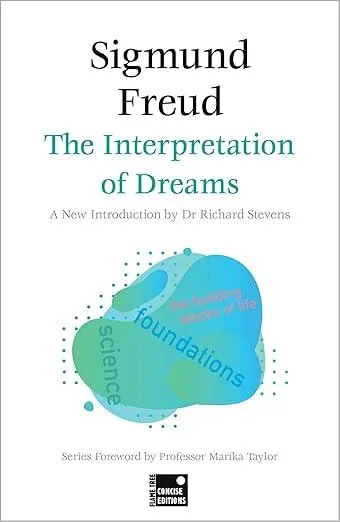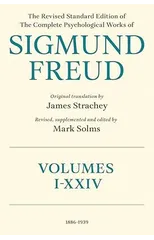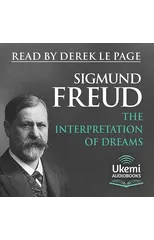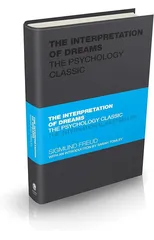Civilization and Its Discontents
(Author) Sigmund FreudThis is a new translation of Freud’s most popular work, his psychoanalysis of Kultur—a German word that simultaneously means culture, society, and civilization.|In Civilization and Its Discontents Freud extends and clarifies his analysis of religion; analyzes human unhappiness in contemporary civilization; ratifies the critical importance of the death drive theory; and contemplates the significance of guilt and conscience in everyday life. The result is Freud’s most expansive work, one wherein he discusses mysticism, love, interpretation, narcissism, religion, happiness, technology, beauty, justice, work, the origin of civilization, phylogenetic development, Christianity, the Devil, communism, the sense of guilt, remorse, and ethics. A classic, important, accessible work, Freud reminds us again why we still read and debate his ideas today. Todd Dufresne’s introduction expands on why, according to the late Freud, psychoanalysis is the key to understanding individual and collective realities or, better yet, collective truths. The Appendices include related writings by Freud, contemporary reviews, and scholarly responses from Marcuse, Rieff, and Ricoeur.
Sigmund Freud
Sigmund Freud was a pioneering Austrian neurologist and founder of psychoanalysis. His most famous work, "The Interpretation of Dreams," revolutionized the understanding of human behavior. Freud's writing style was clear, concise, and influential in shaping modern psychology. His key contributions to literature include exploring the unconscious mind and the role of sexuality in human behavior.

